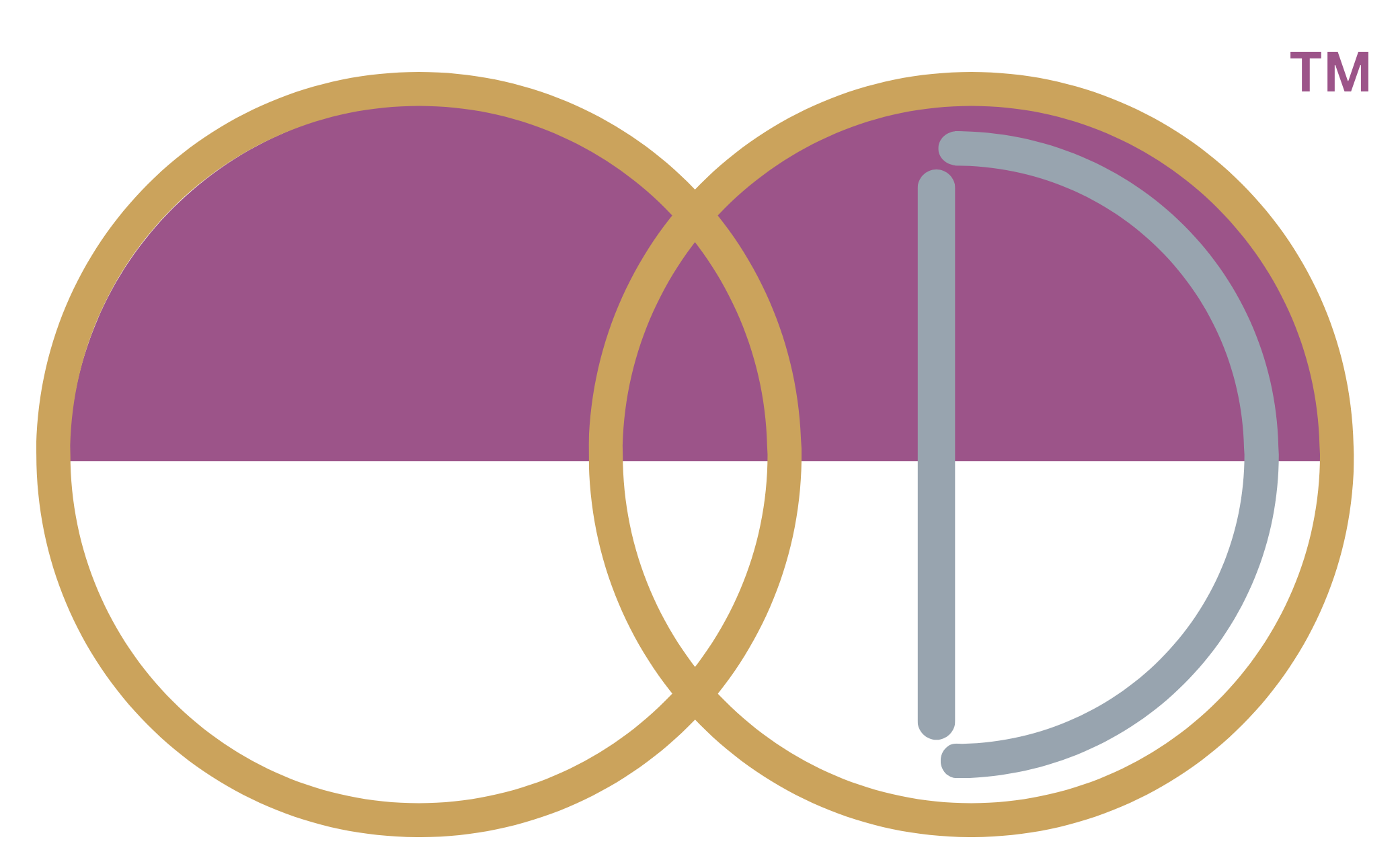10 Traits
What Makes a Happy Couple?
Both my husband, Jay, and I come from families where marriage didn’t last. His parents divorced when he was just 9. My parents waited until I was heading off to college.
The most jarring part of their divorce was how blindsided I felt. From the outside, we looked like the “perfect” family. Even my friends were shocked. I never thought we were flawless—but I also had no idea things were falling apart behind the scenes.
That experience left a deep question in my heart:
What does a happy, healthy marriage actually look like? Would I even recognize one if I saw it?
Fast forward several years—Jay and I had been married for almost a decade. I was helping launch First Things First, a nonprofit dedicated to strengthening marriages and families.
That’s when I discovered the work of psychologist Dr. David Olson, who had spent years studying successful relationships. His research changed how I thought about marriage. Olson surveyed over 21,000 married couples across all 50 states to identify the core strengths of happy marriages.
Top 10 Traits of Happy Marriages
(According to Research)
Here’s what Dr. Olson found are the most consistent strengths of strong, lasting marriages:
- Healthy communication
- Creative handling of differences
- A strong emotional connection
- No controlling behavior
- Open and respectful problem-solving
- Satisfaction with physical affection
- A good balance of alone time and together time
- Minimal interference from family and friends
- Agreement on financial matters
- Shared spiritual beliefs or values
The happiest couples communicate clearly, enjoy each other’s company, adapt together, and share decision-making equally. They’re not rigid. They share responsibilities, make time for one another, and grow through the challenges.
Olson’s research also highlighted a few powerful habits that set happy couples apart:
- They listen well and seek to understand—even when they disagree.
- They avoid personal attacks or sarcasm in conflict.
- They support each other’s growth.
- They prioritize time together but respect each other’s independence.
- They face problems as a team.
In other words, happy marriages aren’t perfect—they’re flexible, respectful, and resilient.
Every couple faces challenges. Olson also identified the 10 most common issues that can weaken a relationship:
- Power struggles
- Stubbornness
- Stress from parenting
- Criticism and negativity
- Feeling neglected or overlooked
- Lack of emotional openness
- Imbalance in responsibilities
- Avoiding difficult conversations
- Broken trust from a lack of follow-through
- Ongoing, unresolved conflict
These struggles don’t mean a marriage is doomed. In fact, Olson found that how couples respond to conflict is a better predictor of long-term happiness than how much conflict they have.
My biggest takeaway from Olson’s research? It’s not about having a “perfect” relationship—it’s about having a connected one.
Happy marriages are built on trust, communication, flexibility, and the ability to face challenges together. The strongest couples don’t avoid problems—they work through them with mutual respect and emotional safety.
Whether you’re newly married or decades in, it’s never too late to build a marriage that’s deeply connected, resilient and joy-filled.
If you’re wondering what makes a happy marriage, the answer isn’t never fighting. It’s learning how to stay close—especially when life gets messy.
Benefits of Being Tuned Into Each Other
Why is it important to have a connected marriage?
Safe Space
A connected marriage creates a safe space where both partners feel seen, heard, and valued.
Strengthens Trust
Emotional connection strengthens trust and makes it easier to face life’s challenges as a united team.
Prevents Isolation
Staying connected helps prevent isolation and resentment from growing over time.
Fuels Intimacy
Connection fuels intimacy, deepens love, and keeps the relationship vibrant and resilient.
Common Questions About Play in Marriage
How important is communication in a happy marriage?
Clear, honest communication is the foundation of connection, conflict resolution, and emotional safety.
Can a couple still be happy if they argue sometimes?
Yes—what matters more is how they argue. Respectful, solution-focused conflict leads to growth, not damage.
What role does emotional connection play in marriage happiness?
A strong emotional bond helps couples feel seen, supported, and safe, even in difficult seasons.
Do happy couples always agree on everything?
No—healthy couples handle their differences creatively and respectfully, without controlling behavior.
How do shared values or beliefs affect a marriage?
Shared spiritual beliefs or core values often strengthen alignment and deepen the couple’s purpose together.
Is spending time together more important than independence?
Both matter. Happy couples balance togetherness with personal space, honoring each other’s individuality while staying connected.
Unlock the Joy in Your Marriage
Join our community for exclusive insights and practical advice on nurturing a joyful and lasting marriage. Subscribe today to receive weekly tips and resources that will help you and your partner grow closer through the power of play and shared experiences.

